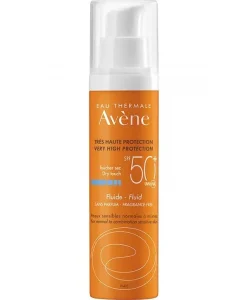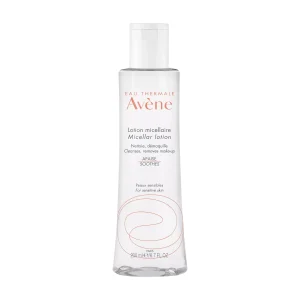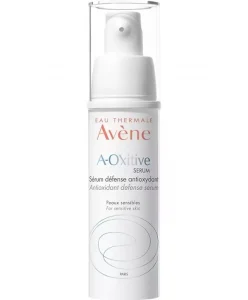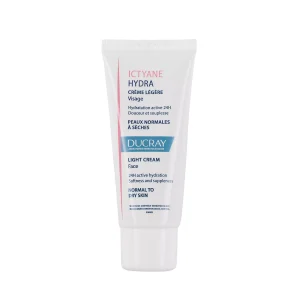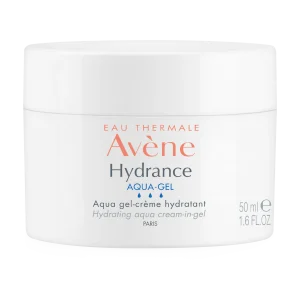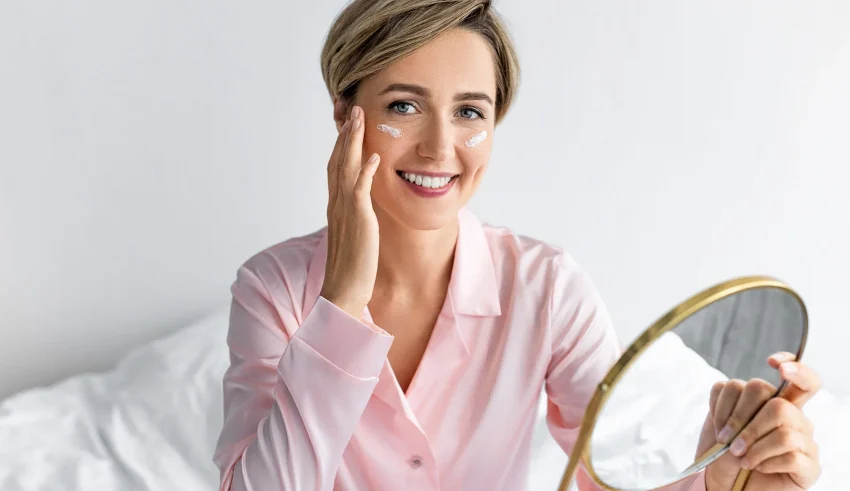
Wrinkles are folds in your skin. As you age, your skin produces less protein (collagen and elastin), making it thinner and less resistant to damage. Wrinkles are a natural part of aging, and there’s no reason to be afraid of them. However, if you want to prevent them or slow down their appearance, there are many ways to do so! That’s why we reached out to the dermatologist Dr. Lama Bourji, who will shed some light on the signs and symptoms of wrinkles on the face, what causes them, and the possible treatments to reduce them.
What are the causes of wrinkles on the face?
1- Internal causes
According to Dr. Lama Bourji, wrinkles are a natural phenomenon of aging. As we age, our skin loses its thickness and elasticity.
Facial wrinkles are largely caused by aging. The substances that keep our skin smooth and firm, such as collagen, elastin, and hyaluronic acid, begin to deteriorate with age. The fat in the deeper layers of your skin also decreases. The result is loose, sagging skin and more pronounced wrinkles.
Some of the factors involved in aging are natural and unavoidable, but others are environmental and can be controlled.
2- External causes
- Sun
Sun damage is the main cause of photoaging (premature aging of the skin caused by the sun) and contributes to the appearance of wrinkles. Prolonged and repeated exposure to the sun damages collagen, making the skin’s structure less elastic and weakened, and more vulnerable to wrinkles. According to Dr. Lama Bourji, UV exposure over the years prevents the skin from repairing itself and makes it more fragile.
- Pollution
Pollution triggers the release of free radicals and accelerates oxidative stress in the skin.
- Smoking
Oxidative stress is triggered by smoking. Free radicals damage the skin’s structure and contribute to all the signs of aging, including wrinkles. In addition, nicotine and other chemicals in cigarettes damage collagen and elastin. This affects the elasticity of the skin and can also cause wrinkles.
- Diet
Eating too much sugar and processed carbohydrates (such as pasta and bread) can damage your skin’s collagen.
- Lack of sleep
Your skin needs sleep to repair and regenerate itself. Poor sleep can also contribute to your daily stress levels and lead to the appearance of wrinkles on your face at a young age. When the body is stressed, it produces the hormone cortisol, which is known to have a negative impact on collagen levels, accelerating the development of facial wrinkles and under-eye wrinkles.
- Repeated facial expressions
Facial movements and expressions, such as squinting or smiling, lead to the appearance of wrinkles and fine lines. Dr. Lama Bourji indicates that with the continuous use of facial muscles, the overlying skin becomes more and more wrinkled. As we age, the skin loses its suppleness and is no longer able to pull itself back into place.
Keep reading to find out how to reduce wrinkles on the face!
What is the best treatment for wrinkles on the face?
- Wear sunscreen
Avoiding UV exposure reduces skin damage. So, try to limit the time you spend in the sun. Wear a broad-spectrum sunscreen of SPF 30 or higher, reapply every two hours, and always wear protective clothing such as a hat, sunglasses, or long-sleeved shirts. Look for makeup and other beauty products with built-in sunscreen for better sun protection.
We recommend the following sunscreen from Eau Thermale Avène:
Eau Thermale Avene Very High Protection Fluid SPF 50+
- Quit smoking
Nicotine and other chemicals in cigarettes can contribute to the appearance of wrinkles because they cause blood vessels to narrow and reduce the flow of oxygen to skin cells. Even heavy smokers can improve their skin tone and texture by quitting. Also, being around second-hand smoke can increase the risk of damaging your skin.
- Wash your face regularly
Use a gentle cleanser and avoid scrubbing the skin too hard as this can cause irritation and accelerate skin aging. Make sure to wash your face after sweating since sweat irritates the skin and damages it over time.
Taking an extra three to five minutes to wash your face in the morning and evening is never a waste of time. When you leave makeup on your face, your skin absorbs most of it. Since most cosmetics contain harsh chemicals, this contributes to the oxidative stress your skin faces.
To save you time, here’s a top-notch facial cleanser that is suitable for all skin types!
Eau Thermale Avène Micellar Lotion
- Use antioxidant serum
Use a serum rich in antioxidants, including vitamins C and E, to help your skin deal with the free radicals that can attack its cells. The following serum is rich in antioxidants, which help regenerate skin cells and make your complexion more radiant.
Eau Thermale Avene A-Oxitive Antioxidant Defense Serum
- Moisturize
Dry skin can cause premature fine lines on the face. Moisturizers allow water to stay in the skin, plump the skin and hide facial wrinkles.
Check out the following moisturizers that will keep your skin well nourished.
Ducray Ictyane Hydra Light Cream
Eau Thermale Avene Hydrance Aqua-Gel
- Eat a healthy diet.
There is evidence that certain vitamins in your diet help protect your skin. More research is needed on the effect of diet on your skin, but eating plenty of fruits and vegetables will definitely help you get a smooth skin.
- Change your sleeping position
Some wrinkles on your face may actually be caused by the position you sleep in. This is called “compression,” which results from pressing your face against the pillow in the same way every night. Over time, this compression weakens your skin in certain areas. You can prevent or slow down compression lines by sleeping on your back.
- Other techniques
Dr. Lama Bourji notes that the injection of botulinum toxin (botox) can help get rid of wrinkles on the face. When injected into the muscles of facial expression, the muscles are paralyzed and the overlying skin is allowed to rest and erase expression lines. Another more indirect way is to use skin boosters, lasers, or chemical peels that act on the skin itself by increasing collagen production, which thickens and tightens the skin.
Things to remember
Photoaged skin is not in itself a symptom to worry about. But if you are particularly concerned about the appearance of your skin as you age, you should avoid certain lifestyle habits such as smoking, excessive alcohol consumption, or the use of tanning beds. Dr. Lama Bourji believes that the best way to avoid wrinkles is to protect your skin from an early age.

